In just twelve months from its July 2024 launch, Indurent—a prominent developer, owner, and operator of UK industrial and logistics real estate—has delivered impressive results: more than £1 billion invested and 18 % growth in its portfolio. Indurent
A Strong Start from Day One
Formed through the integration of St Modwen Logistics and Industrials REIT, Indurent began with a robust foundation—solid development capabilities, a deep landbank, and a streamlined operating platform. Since inception, the company has scaled both workforce and operations with remarkable speed. Indurent
Scaling Up: Space, People, and Clients
- Portfolio footprint: Expanded from approximately 27 million sq ft to 32 million sq ft, covering both multi-let industrial and big-box logistics formats across the UK Indurent.
- Team growth: Workforce increased by nearly 30 %, now standing at 230 employees Indurent.
- Client base: Now serving 2,500+ customers, from local trades to global giants like Amazon, and creative disruptors such as N2 Creative (set builders for Gangs of London) Indurent.
Leasing Momentum and Noteworthy Deals
Indurent has leased over 2.4 million sq ft of space across nearly 450 transactions during this period. Standout agreements include:
- Herman Miller committing to a 110,000 sq ft build-to-suit unit at Indurent Park Chippenham.
- AerFin, an aviation specialist, moving its headquarters into a 116,000 sq ft office and industrial facility at Indurent Park Newport—doubling its capacity. Indurent
Leadership Insight: Building a Sustainable Future
Julian Carey, CEO of Indurent, reflects on a milestone year:
“The strong momentum we’ve built in our first year as Indurent reflects the strength of our portfolio. We’ve been able to scale at pace, delivering highly sustainable space in prime locations and deploying market-leading tools like Hive to meet the needs of modern businesses.”
“There is growing recognition that logistics and industrial infrastructure form the backbone of the modern economy. Planning reform, supply constraints, and occupier demand are all creating tailwinds for growth. We’ve laid a strong foundation in year one, and we’re excited to build on it.”






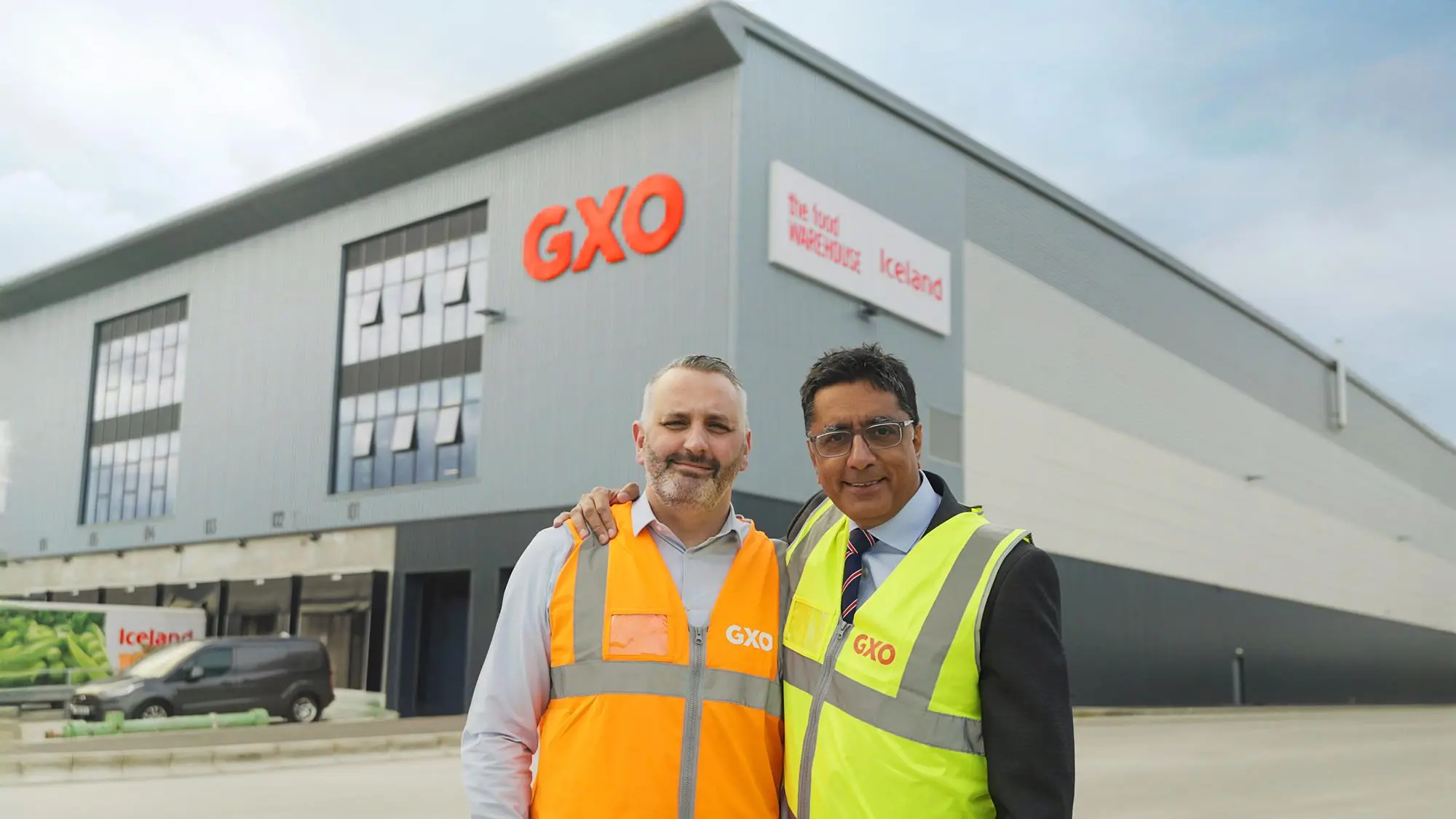
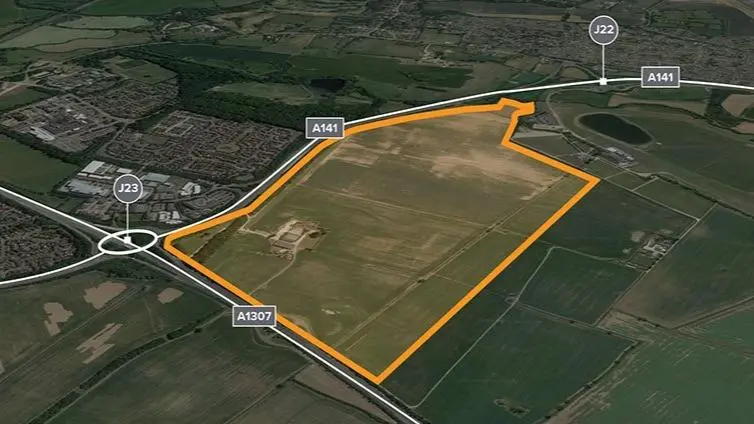
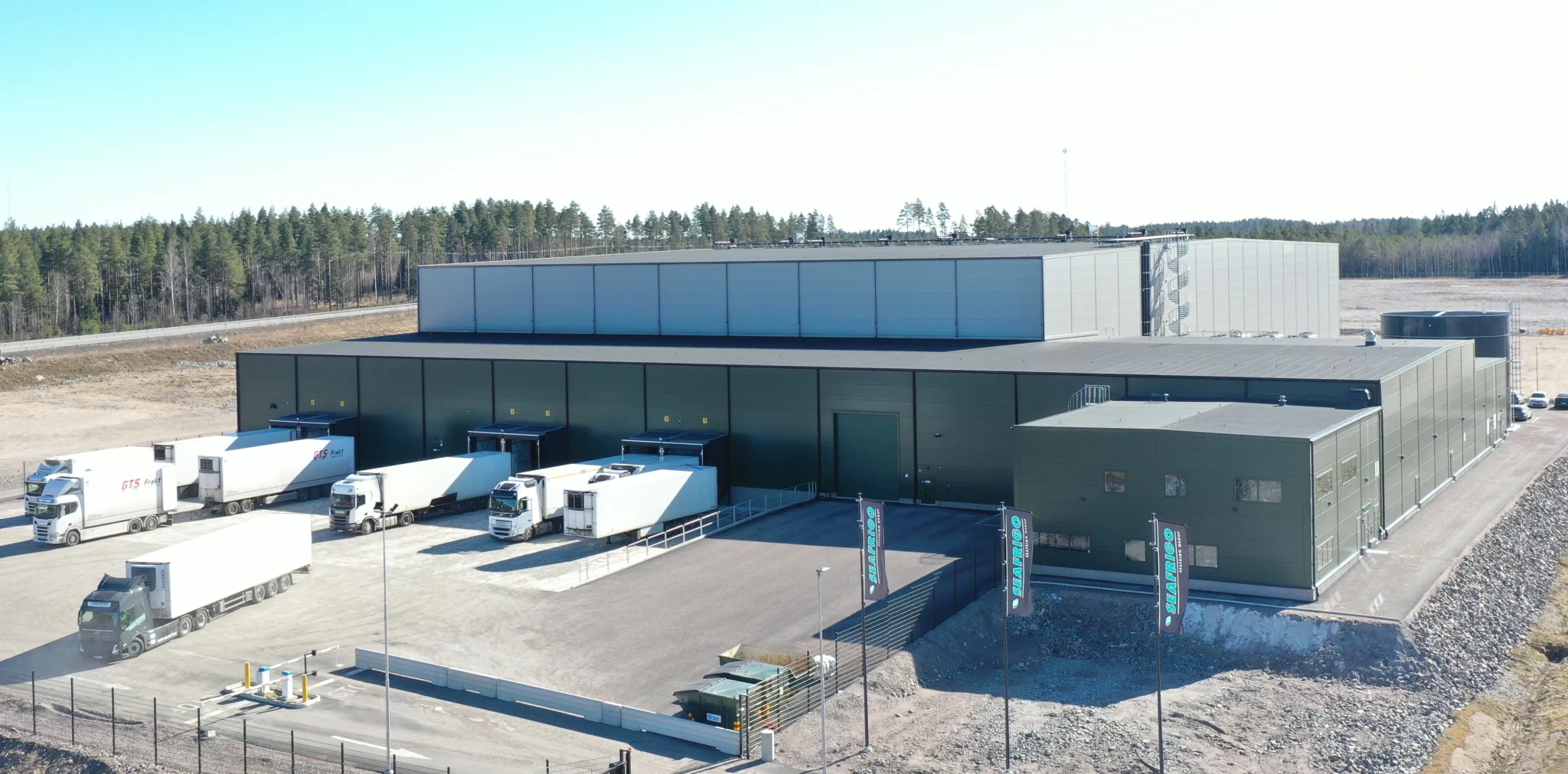
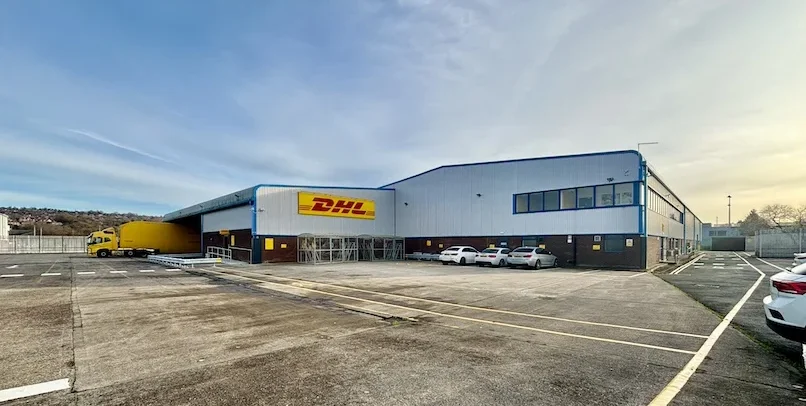
![[Podcast] Adapting to Industry 4.0: Intralogistics Automation](https://9e1ed6cd27b6b3199380.b-cdn.net/wp-content/uploads/2025/07/TGW-Pod-Square-400.png)
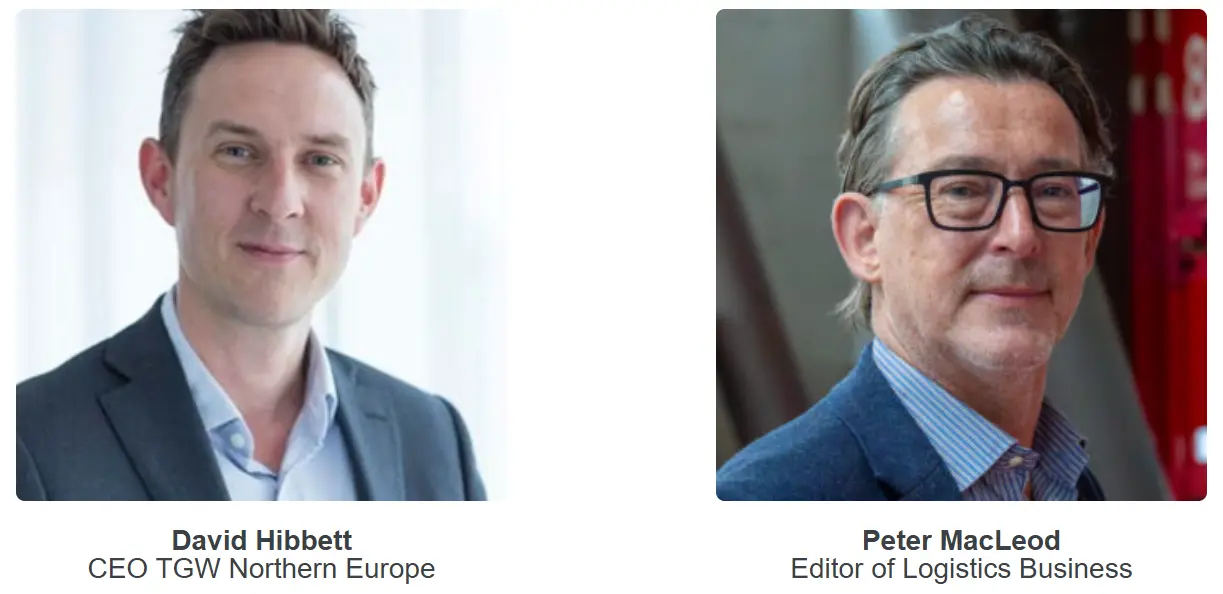
![[Podcast] Future Fulfilment: Smarter, Scalable Warehouses](https://9e1ed6cd27b6b3199380.b-cdn.net/wp-content/uploads/2025/07/square-logo.png)
